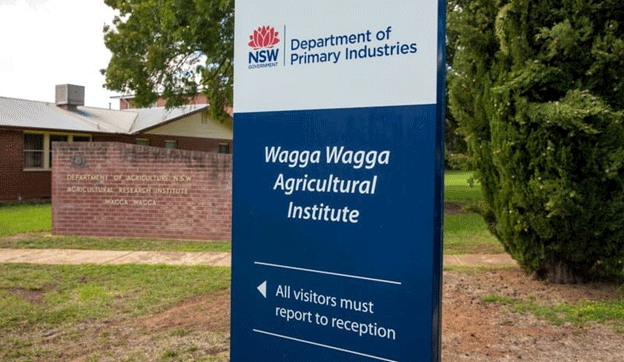In a significant breakthrough for agricultural science, the New South Wales Department of Primary Industries and Regional Development has unveiled a novel plant-breeding method aimed at expediting the development of pathogen-resistant crop varieties. Senior plant pathologist Andrew Milgate and his team at the Wagga Wagga Agricultural Institute have pioneered this innovative approach, which combines two distinct methods of plant inoculation to gather comprehensive data on plant defense responses. This methodology is currently patent pending, with the team inviting commercial partners to further explore and implement the technique.
The new method promises to significantly cut down the time required to understand and enhance plant resistance genes. Traditionally, this process could take between five to ten years of intensive research. However, the NSW team’s approach can achieve comparable results within months. By categorizing resistance genes in a new way, this method opens up possibilities for combining genes that interact with pathogens at various infection stages, potentially leading to crops with enhanced multi-faceted resistance.
NSW Minister for Agriculture Tara Moriarty recently visited the Wagga Wagga Agricultural Institute to witness the trials of this groundbreaking technology. She emphasized the importance of this discovery, noting that it highlights the NSW Government’s commitment to advancing agricultural research and development. The adoption of this technology by the industry is expected to streamline the introduction of disease-resistant crop varieties, ultimately boosting profitability and productivity for farmers.
Dr. Milgate expressed that finalizing the patent process would mark a significant milestone for the department. He hopes that this methodology will have a substantial impact on the agricultural sector in New South Wales and beyond. The team’s call for expressions of interest to commercialize and further research this technique signals an exciting opportunity for collaboration between scientific researchers and agricultural businesses.
The development of this new plant-breeding method by the NSW Department of Primary Industries and Regional Development represents a promising advancement in agricultural science. By drastically reducing the time needed to understand and enhance plant resistance genes, this method could lead to the rapid adoption of disease-resistant crops, benefiting farmers with increased productivity and profitability. The collaborative potential between researchers and commercial entities could further accelerate the positive impact of this breakthrough on the agricultural industry.
Error




